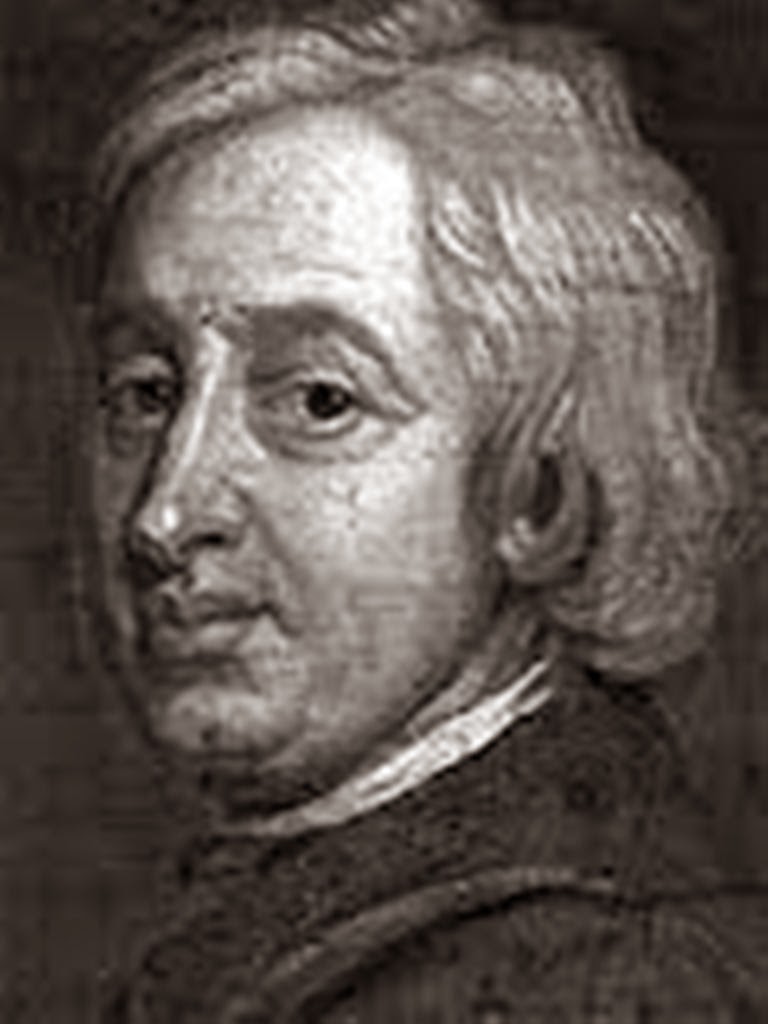William Wordsworth’s attitude to Nature and Man as revealed in "Tintern Abbey"

William Wordsworth’s attitude to Nature and Man as revealed in "Tintern Abbey", the cult and creed of Wordsworth’s poetry, was the outcome of his direct communion with nature. This education of Wordsworth’s feelings, passions, receptive powers were derived namely from natural phenomena. Nature was a necessity of his being and through it he lives and breathes. In " Tintern Abbey " Wordsworth has carefully analyzed the stages of his spiritual development with nature. During the first of these stages he had no conscious acquaintance to Nature. It was to him a mere playground giving him all these feeling of physical sensation. Stopford Brooke has rightly observed that in the first stage of his acquaintance with Nature it was not he that was in search of Nature but it was Nature who allured the boy but eluded him with its beautiful and myriad manifestation. The mountains and the hills, the deep rivers and the lonely stream charmed his eyes and he wondered about



